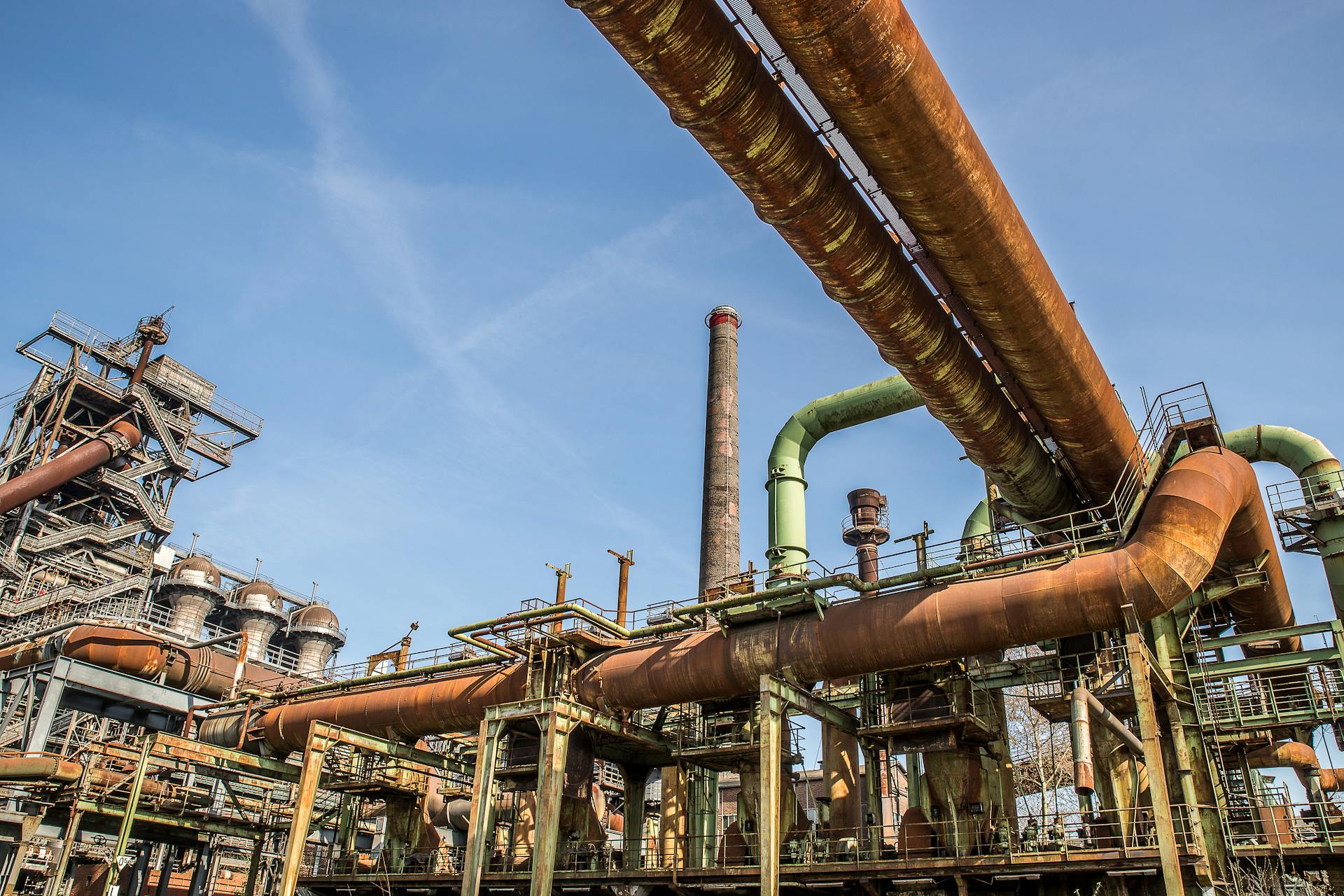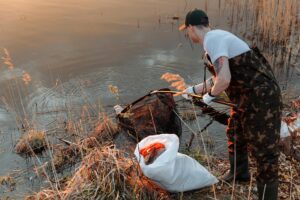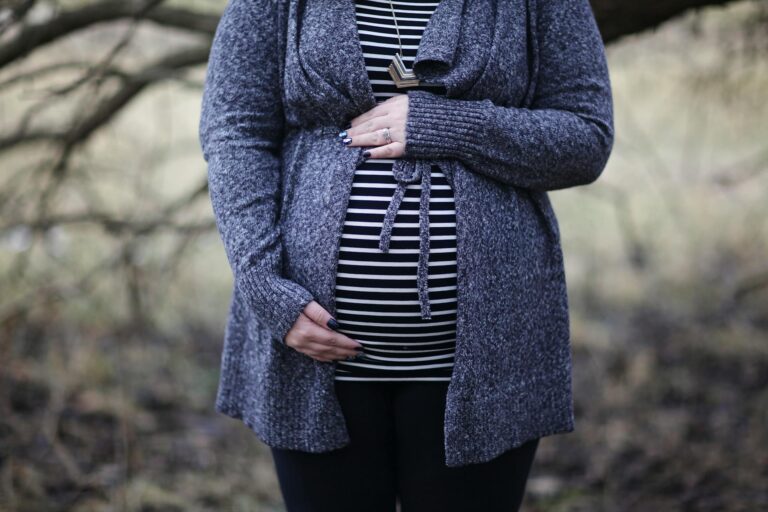Illinois, known for its lively tourism, stunning architecture, and deep history, is at a crucial concerning environmental and public safety. Recent events have pushed the state into a major position in debates about carbon dioxide (CO2) pipeline projects. These projects come with important risks and benefits. This article explores the active discussions, actions by lawmakers, and how local communities are reacting to these initiatives.
Growing Concerns Among Citizens
The planned creation of a large network of CO2 pipelines by companies like Navigator CO2 Ventures, Wolf Carbon Solutions, and One Earth Energy has raised serious concerns among residents. They worry that any accidents could harm public health, nearby water sources, and the natural environment. Thus, there’s a strong push for strict regulations to control the capture and transport of CO2.
Legislative Response, Calls for Comprehensive Regulation
In response to these worries, Illinois lawmakers have suggested a group of bills aimed at applying strict rules and safety steps for CO2 pipeline projects,
- Senate Bill 3930 and House Bill 5814- strive to establish strong standards for managing risks linked with carbon sequestration.
- House Bill 4835 and Senate Bill 3441- suggest halting CO2 pipelines for four years while new federal safety regulations are set up by the Pipeline and Hazardous Materials Safety Administration (PHMSA).
This legislative action highlights the importance of ensuring that carbon capture and sequestration initiatives meet both environmental and public health goals.
Key Provisions of the Proposed Legislation
The proposed laws aim to strengthen the state’s control over carbon capture projects with several important provisions.
- Required safety distances for pipelines to ensure safe evacuations.
- Restrictions on the use of eminent domain.
- Improved monitoring at carbon sequestration sites.
- Longterm disaster liability plans.
- Ban on CO2 injection into the Mahomet Aquifer to protect this crucial water source.
The bills also demand detailed examinations of greenhouse gas emissions throughout the entire life of sequestration projects and stipulate stopping operations if seismic activities rise above safe levels.
Challenges and Industry Resistance
Obtaining local and county approvals for sequestration spots has been difficult. Companies such as Navigator have canceled applications due to increasing pushback, showing the widespread controversy surrounding CO2 pipeline projects.
Expert Opinions and Community Impact
Experts and community leaders have raised concerns about the existing regulatory Gaps,
- Jenny Cassel, a senior attorney at Earthjustice, highlighted that there are no federal or state regulations regarding how close CO2 pipelines can be to homes.
- Pam Richart, cofounder of the Coalition to Stop CO2 pipelines, underscored the requirement for research into CO2 behavior to figure out necessary safety protocols.
These points express widespread concern about the dangers linked with increasing underground CO2 storage, particularly in Illinois’ special geological settings.
Industry’s Push and Public Pushback
Despite attempts by businesses to push these projects forward, there is strong opposition from the public. Kathy Campbell, who lives locally, voices the community’s opinion by demanding laws that guarantee safety before any new pipelines are built.
The Path Forward, Advocacy and Legislative Action
The state of Illinois is at a critical point where it must find common ground between financial benefits and the vital need for safety measures.
Illinois aims to safeguard its people and natural spaces against the risks posed by CO2 pipelines. As debates persist and legislative proposals progress, it’s vital for residents to get involved. By joining advocacy work, people can help shape future laws that will steer carbon management in Illinois.
Conclusion, A Call to Action
The path toward secure and accountable carbon management in Illinois is just starting. By enacting strong legislative measures and encouraging community participation, Illinois could lead in managing carbon capture technologies effectively and safely. As this process continues, the contributions of local residents will be crucial in maintaining environmental integrity and ensuring public safety while embracing new technologies.











+ There are no comments
Add yours